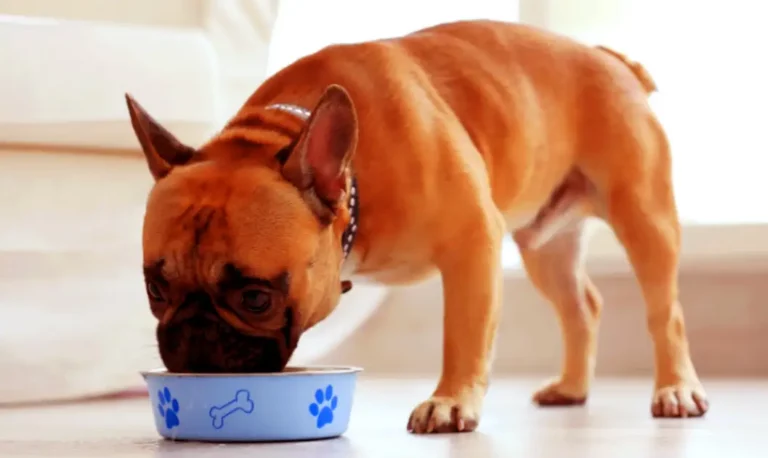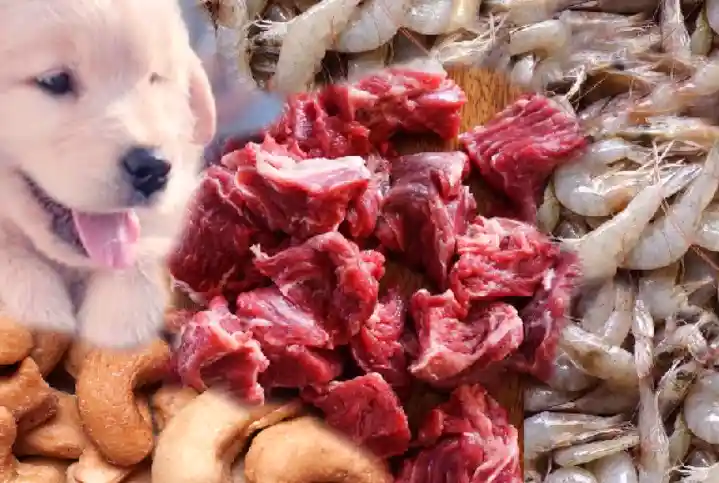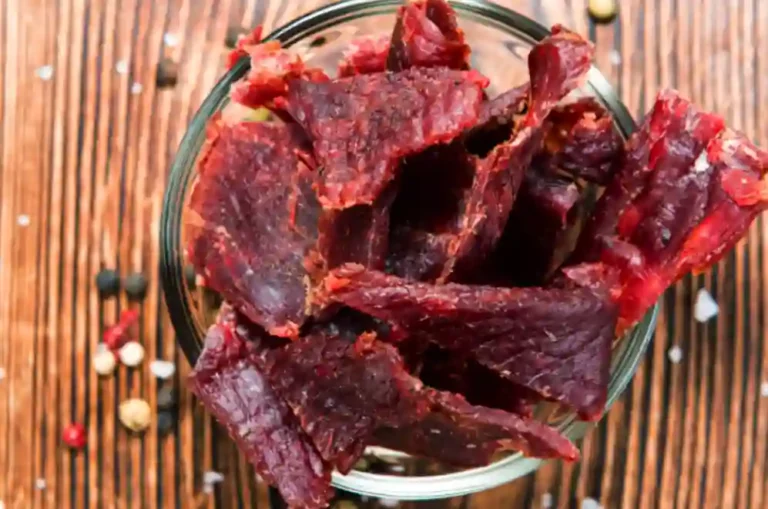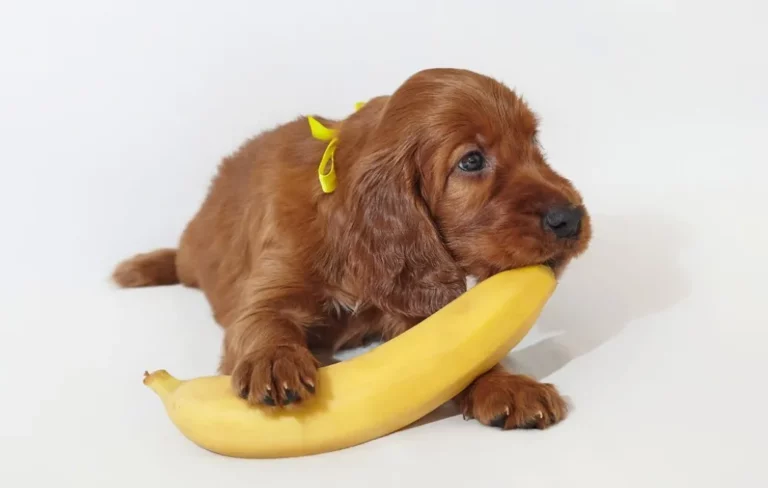Can I Fed My Dog Canned Chili?
Dogs cannot digest peppers due to having a different type of stomach than humans. While your pup may be able to consume small amounts of capsaicin without serious harm, they can still develop an upset stomach.
Can I Fed My Dog Canned Chili? Canned Chili is terrible for dogs; you should avoid giving them Chili in their food. The Chili could upset their stomach and also causes a burning sensation in their stomach, which can be harmful to their health.

It’s also important to remember that chili powder is generally made up of several spices.
The chili powder is not bad for your pup. Only the capsaicin in the canned Chili. Providing your dog with Chili before or after a meal is unnecessary.
Use common sense when picking out food for your dog. Canned Chili can be fed sparingly as a treat. Chili powder should be used judiciously; do not feed your dog too many spices.
Ensure a company makes you trust and has a good reputation. You want to ensure their product is made from quality ingredients and will give your dog all the nutrients they need daily.
In addition, a reputable store will ensure that their products are safe for your dogs to eat and suitable for their health. If the dog food you buy is not working for your dog, try another one.
If your dog has an upset stomach and you suspect it might be due to what they ate, stop feeding them food immediately and contact your veterinarian.
Table of Contents
- Is Canned Chili Okay For Dogs?
- What Happens If My Dog Ate Chili?
- What Is The Remedy For A Dog That Ate Chili?
- How To Prevent Your Dog From Overeating Chili?
- Are Canned Goods Safe For Dogs?
Is Canned Chili Okay For Dogs?
Canned Chili is not a food you should give your dogs daily or on alternate days. Regular ingestion of canned Chili can be very distressing for their stomach and health.
Feeding a dog canned chili may lead to bloat or indigestion. The ingredients in canned Chili are too rich for your pet’s digestive system.
Canned foods have high fat and sodium content and sky-high your pup’s blood pressure.
In addition, some preservatives are not isolated from protein sources, which could cause seizures for dogs that react to them isolated from vegetable protein sources. Canned Chili is likely not as healthy as its counterpart, homemade Chili.
While some canned foods can be better for your dog than others, it’s better to avoid feeding canned foods altogether.
Some brands have a lot of salt or other ingredients that could make some dogs sick if fed regularly.
Your dog may like the food, but don’t be surprised if you come home from work and find him throwing up in the backyard or refusing to eat dinner.
What Happens If My Dog Ate Chili?
Dogs should never eat Chili. This spicy dish, which many humans enjoy, should be avoided by your furry friends at all costs.
Chili is incredibly difficult for a dog to digest because it cannot correctly produce the stomach acid needed to break it down in its gut.
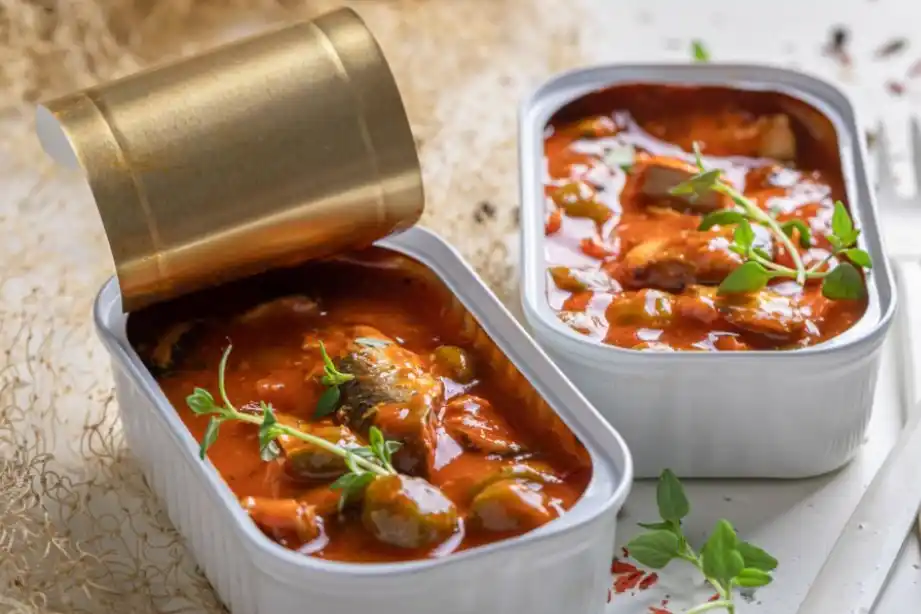
A dog’s digestive structure is not similar to a human’s. If your dog eats Chili, the parts of the food that are not broken down will pass into their system and cause stomach cramps or bloat syndrome. These could spell serious trouble for your pup.
A dog’s stomach can only hold so much food before they need to get rid of it. If you have ever had indigestion after overeating spicy food, then you know how painful it can be.
Chili contains high levels of capsaicin, which can also harm your pet’s stomach and other organs. These include the heart and the pancreas. Other ingredients in Chili can lead to serious bacterial infections like salmonella.
Chili is not a dish your furry friend should eat unless you want them to be sick, suffer from chemical burns, get bloat syndrome, or, even worse, die.
Your pet is a living creature that deserves better than being treated like an animal by a human who has no idea how they should treat them.
Even if your pup begs and begs for Chili, you can save him by feeding him plain grilled chicken or beef filet mixed with some basic dog food instead of giving him Chili itself.
What Is The Remedy For A Dog That Ate Chili?
The answer to this question is not to sit and wait for the dog to vomit. Instead, the best course of action is to induce vomiting in dogs, like humans, by giving them hydrogen peroxide, a teaspoon for small dogs, and a tablespoon for over 50 pounds or syrup of ipecac.
If these methods do not produce vomiting within 15 minutes, the animal should be taken to a veterinary hospital.
The next step after inducing vomiting is treating any symptoms that may have been caused by the Chili, such as constipation or stomach pain, with an appropriate dose of Pepto-Bismol.
A dog ate Chili? Don’t worry. Most dogs can handle eating even the hottest food, but taking your pet to the vet is still a good idea.
It’s important to know what to do for them if they start suffering from any side effects of chili ingestion, like vomiting, diarrhea, and difficulty breathing.
Before you take him to the vet, try to induce vomiting. Hold his muzzle gently but firmly closed, and give him three or four firm slaps between the shoulder blades using the back of your hand.
This can help stop burning sensations and clear the Chili from his stomach before it can do any damage.
Once you get him to the clinic, the vet will administer an antidote for chili poisoning that can help settle your dog’s stomach and get rid of any excess chili in there.
This will help them breathe easier as well. After the vet visit, try not to let your dog eat Chili for at least a day.
If your dog continues to have an upset stomach, offer a dewormer or anti-diarrheal medication that will decrease nausea and keep him from having diarrhea. If the symptoms persist beyond this time frame, take him back to the vet.
puppiesdiary
How To Prevent Your Dog From Overeating Chili?
No matter how much they want to, your dog should not overeat chili food. It can be a serious problem for certain breeds and can cause death.
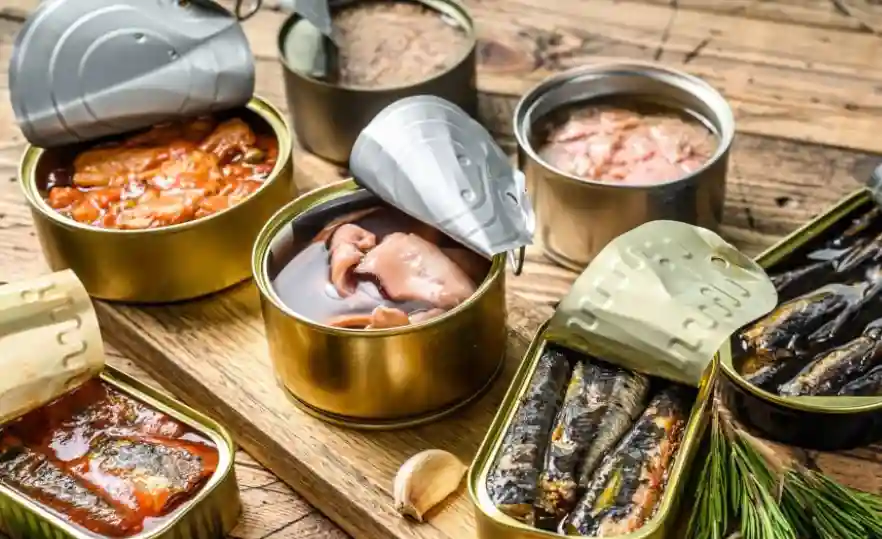
Luckily there are a few things you can do that will help prevent your dog from overeating chili foods, which include:
- Using a water dish instead of leaving food unattended in the bowl all day. This will give them hydration and stop them from being tempted by the food when they’re hungry, wet, or both at the same time.
- Be sure any marinades don’t contain salt or spicy seasonings like cayenne pepper which could be toxic to pets.
- Avoid chili foods containing onions or garlic, as these can be toxic to dogs.
- Also, do not leave food out for your dog when you’re away from home for long periods. If you’ll be gone more than an hour, put the food in the bowl and pick it up when you get back so they don’t have it sitting out all day.
- It would be best if you also kept a close eye on your dog while they’re eating. Your dog may eat too quickly or something they shouldn’t and not knows until it’s too late.
Are Canned Goods Safe For Dogs?
Your dog is your best friend, and his safety is of utmost importance. He deserves a healthy diet that makes him feel great, but he knows what brands are safe and should be avoided.
Canned goods are more common than ever; they’re easy to find at the grocery store or feed store and often taste better than other options.
Unfortunately, canned food can be dangerous for dogs. The manufacturing process releases chemicals when cans are tinned over metals like aluminum or steel.
These substances leach into the food’s contents in high amounts and could potentially cause health problems in your pet.
Another issue with canned pet food is that it contains too much sodium, which is harmful to your dog’s health. In addition, he will retain fluid, which could cause serious medical issues.
Canned foods have a long shelf life and are more challenging to digest than other options.
Finally, dogs who eat canned food often need to go outside more frequently, adding more stress to their joints and muscles.
If you continue giving your dog canned food, your vet may force you to make a change if they notice he is suffering from health problems.
Whether they are symptoms of a serious condition or symptoms of an unhealthy diet, the vet may recommend switching to an alternative diet if you’re still feeding him canned goods.
Instead of using canned food for your pet, there are many healthier options than those sold in cans. The best option would be to use a fresh homemade diet.

